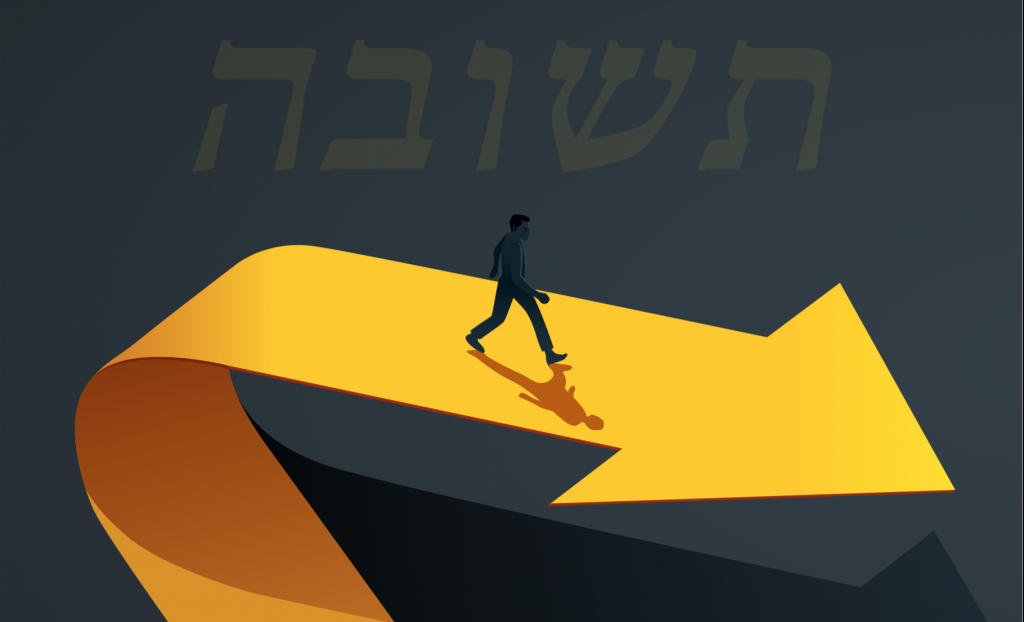"People think the Lubavitcher Rebbe is a great believer in God. It is clear to me that the Rebbe’s greatness is that he believes in…
Marching Orders: Considering the Lubavitcher Rebbe's Impact Twenty-Five Years Since His Passing
Nowadays, retirement is not an end but a new beginning, an opportunity for seniors to reinvent themselves
Antisemitism is one of the mechanisms that Hakadosh Baruch Hu employs to “turn on the light,” to make us realize that we must be unique,…
Why did the Lord do such a thing? Why the extraordinary anger?
The campus is, in some ways, a microcosm of what’s going on in the larger society.
What do the kohanim think about when they say the Priestly Blessing?

If teshuvah is an act of self-creation, what makes it so hard and difficult to sustain? So much of life is out of our control; shouldn’t our…
It was clear to me that to Wouk, nothing was more important than gaining clarity into God’s message to mankind—the Torah.
Can we promote professionalism in our schools? I believe we can.
The following dishes are not only family-friendly, they’re also brain-healthy—just what the doctor ordered! Perfect for the yamim tovim and are ideal to serve in…

